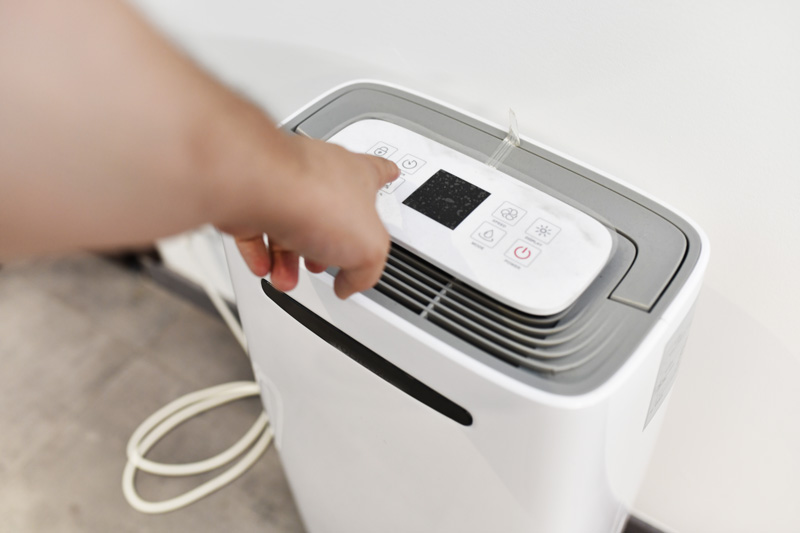What Is The Optimal Humidity Level For Your Home?
July 20th, 2023 by eshoop

Maintaining humidity levels in your home is essential for both comfort and health. Too much or too little humidity can cause various issues. This includes respiratory problems, mold growth, and damage to your home’s structure. In this blog, we explore how humidity affects your home and optimal humidity levels. We also share tips on how to improve humidity in your home.
How Humidity Affects Your Living Space
Humidity refers to the amount of moisture in the air. When humidity levels are too high, the air can feel muggy and uncomfortable. This makes it difficult to cool down. High humidity can also promote mold growth and attract pests like dust mites. With low humidity, it can cause dry skin, irritated eyes, and respiratory issues. It can also damage wood furniture and flooring by causing them to shrink and crack.
Optimal Humidity Level for Summer
The ideal humidity level for your home depends on various factors. Be sure to consider the outdoor temperature and your personal preferences. Most experts agree that an indoor relative humidity between 30% and 50% is best. This range is vital for both comfort and health. During the summer months, temperatures are higher. It may be harder to maintain these humidity levels due to increased moisture in the air. In this case, it’s essential to track and adjust your home’s humidity. Create a comfortable and healthy living environment.
How to Improve Humidity in Your Living Space
Here are some tips on how to manage and improve humidity levels in your home.
- Use a Hygrometer. A hygrometer is an instrument that measures the relative humidity in your home. By monitoring humidity levels, you can adjust as needed to maintain optimal conditions.
- Air Conditioning. A functioning air conditioning system can help maintain comfortable humidity levels. Part of their job is to remove excess moisture from the air. Ensure your air conditioner is well-maintained and clean or replace your filters often.
- Dehumidifiers. If you live in a humid climate or have issues with high humidity in your home, consider using a dehumidifier. These devices remove excess moisture from the air to maintain proper humidity levels.
- Ventilation. Ensuring proper ventilation in your home can help regulate humidity levels. Use exhaust fans in kitchens and bathrooms. They help to remove moisture from cooking and bathing. Additionally, ensure that your home’s crawl spaces and attics have proper ventilation. This helps to prevent moisture buildup.
- Houseplants. Some houseplants can help control humidity levels. They absorb moisture from the air through a process called transpiration. Choose plants like Boston ferns, peace lilies, and spider plants. These plants have humidity-regulating properties.
Contact Us
By following these tips, you can manage humidity levels in your home. You can ensure a comfortable and healthy living environment during the summer months. If you need help managing your home’s humidity levels, contact us. Thornton Heating Services is here for all your HVAC needs.

